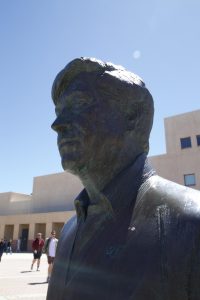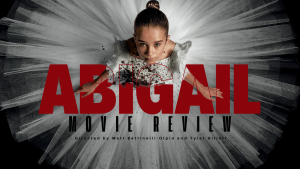Reliable political information found on social media platforms
March 25, 2019
As college students in a new age, we don’t necessarily consume news and political information the way that generations before us used to.
The popularization of various social media platforms such as YouTube, Facebook and most notably Twitter have allowed for a unique type of discourse to emerge. Information regarding political events, elected officials, candidates, campaign advertisements and conspiracies are uniquely accessible to an array of audiences. These audiences typically consist of thousands upon thousands of people with the option of showing their faces or making commentary completely anonymous, protected by the limited confidentiality of the Internet.
Social media has undoubtedly shaped the way politics are managed in most recent years. Voters are now able to directly communicate with their elected officials or potential candidates, and they are able to express their views as well. The usage of Twitter specifically, has connected a bright and vivacious pool of potential voters to instantaneous information about politicians and candidates. This aids voters in making more educated decisions.
However with the advancements and ease of mass media, there have also been some issues and inevitable damage control. An innumerable amount of politicians have fallen from grace in a public way documented by social media. Though many politicians rely on a public relations team, one unfiltered tweet can stir up a lot of controversy.
For example, in 2011, Anthony Weiner accidentally posted a sexually suggestive link to a photo of himself on Twitter that he had meant to send to a woman he had been talking to during his marriage. This affair and the backlash he received (as multiple photos were leaked) led to his resignation from Congress.
Another instance of political controversy affected Hillary Clinton during the 2016 Presidential Election when it had surfaced that she had used her family’s email server rather than the official State Department server. This gave her opponents more fuel to their fire and largely affected the way she was viewed by the public. Many people felt like she was untrustworthy and this is what contributed to her loss in the election and decline in the world of politics.
On Nov. 6, 2018, CSUSM provided a voting place for students, faculty and the local public to utilize during the midterm elections. On our campus, freedom of political expression is a given. Our campus is undoubtedly tolerant and accepting of groups of every political affiliation. All around campus that week were signs that either directed students to the voting area or encouraged voting altogether.
It might be difficult to understand or even seem unreliable of me to say, but the main source of my information involving politics has been Twitter. I have learned about the Brett Kavanaugh hearing, the migrant caravans, President Trump’s frequent updates and the importance of voting since I became more active on social media. Additionally, independent propaganda played a huge role in the elections of the past few years, as well as, celebrities and/or public figures posting about why they had voted and why everyone else should.





